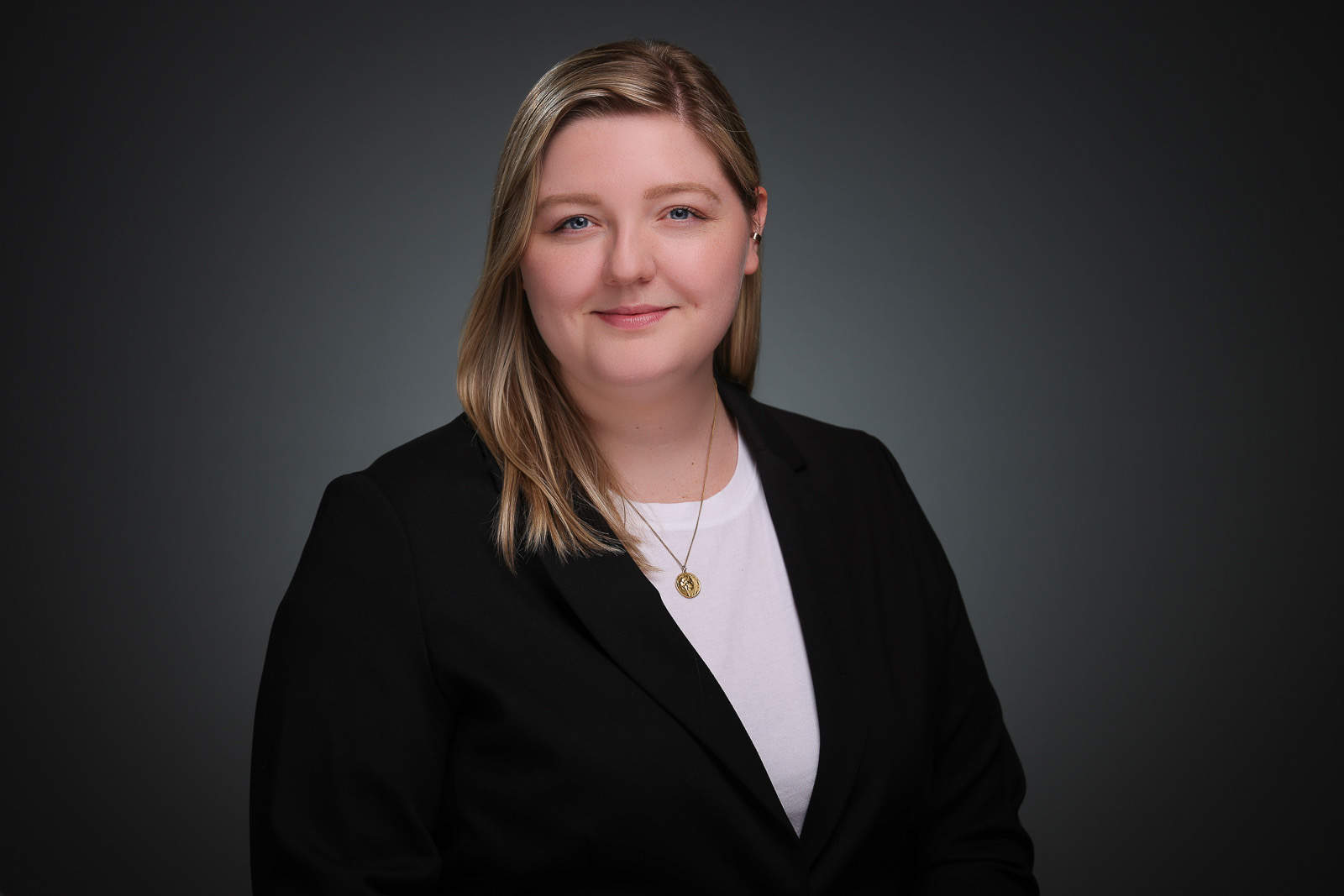For any parent, finding resources for a child with special needs can be an exhausting experience—and if there’s a language or cultural barrier, accessing those resources becomes an even more daunting task.
For a mother of three, who we will identify as “M” for privacy reasons, her own experience seeking resources for her daughter with Down Syndrome was no different. “I started researching resources, institutions, and other places where I could find the support my daughter needed to have a higher quality of life,” says M. “The resources were out there, but it was really hard to access them.”
Though M’s experience of finding resources started off isolated, she soon learned that other families like hers were going through the same thing. This realization prompted M to start a support group for other Latino families in Cabarrus County. “I wanted to create a space where other Latino parents could share information and feel supported as they sought to get the resources their children needed,” says M.
In North Carolina, Hispanic and Latinx folks make up just over 10% of the state’s population and is one of the fastest growing demographics in the state. For children under five, Hispanic and Latinx children represent just under 25% of the state’s youth population. Amid this growth, Hispanic and Latinx children still disproportionately face disparate health and economic outcomes; statewide, 11.9% of Hispanic and Latinx children are uninsured, and among all babies born at a low birthweight, 10% of those births are attributed to Hispanic and Latinx families.
“There are policy solutions available to us that can address these disparities, but Hispanic and Latinx kids need resources right now, and M is helping parents access them,” says NC Child executive director Erica Palmer Smith. M serves on NC Child’s Parent Advisory Council (PAC), where she works with NC Child staff to learn about legislator engagement and learn about what programs like Medicaid mean for her family and for other families in her community.
“M’s advocacy extends even further, as she advocates on behalf of her community by meeting with her legislators and working with the North Carolina Department of Health and Human Services to ensure Spanish-language health resources are translated in a way that makes sense,” says Smith. “M takes all of her knowledge and experience as an advocate and shares it with her group in Cabarrus County. It’s this kind of leadership that transforms the lives of children and families.”
M believes that it’s important for Latino families to share their stories and to speak up about what their children need. “I think sometimes Latino families are afraid to speak up, but they’re the experts of their situations and their children deserve to have the same care and resources,” says M. “No child should suffer due to a lack of resources.”
M started her parent support group in 2014 and has worked with more families than she can count. “In Peru and in Peruvian culture, families help one another,” says M. “And the love and support I feel from the families I work with remind me of the love and support from my own family.” M keeps in touch with all the families she’s worked with since the group started.
Outside of gathering to share information and resources for their children, the group also gathers to celebrate birthdays and other holidays, as well as sharing food and other celebrations that are distinct to their culture. For M, she says she always has traditional Peruvian dishes like Arroz Con Pollo and Aji de Gallina ready to share with the group.
“We all come from different countries and different cultures. We’re all unique, but what unites us is our children,” says M. “We all want the best for our children.”

